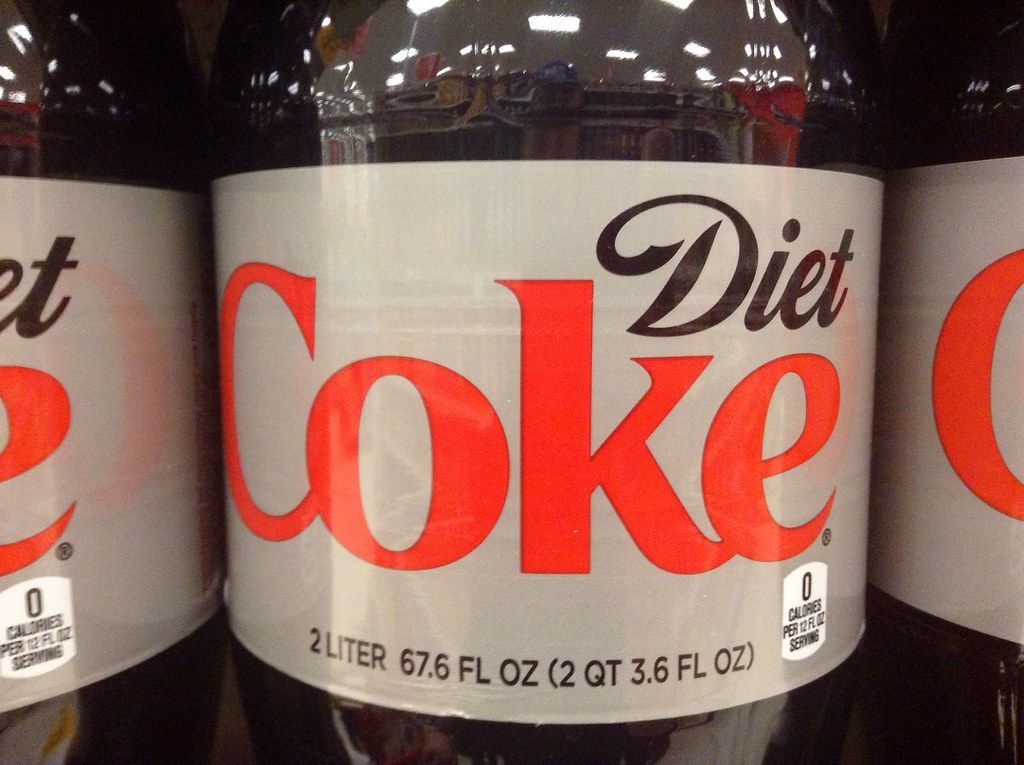
Run Fuel 101: How to Nourish Your Body for Optimal Running Performance
- Jul 10, 2024
Feel like you're running on empty? Whether you're a newbie embarking on a 5K or a veteran grinding daily miles, your nutrition game needs to be on point. Let's break down the nutritional science in a language we all understand - No BS. The perfect pre-run meal doesn't translate into a mammoth plate crammed with all the food groups. It's about finding that sweet spot of nutrient balance to amp up your run. So, don't head straight for a pizza and a six-pack, hoping to channel your inner Usain Bolt.
In reality, the need for a pre-run feast largely depends on a bunch of factors - how your body responds to food before a run, when you last ate, and the intensity and duration of your run. Yes, it's complicated. And much like the world of dating, there is no one-size-fits-all solution.
If you're planning on a quick jog that doesn't last beyond an hour, you might get by with your body's stored sugar for energy. Imagine you're one of those early birds heading out for a 20-minute run, you might feel like a champ without indulging in a breakfast of kings.
But every game changes when you're involved with extensive, sweat-drenching runs. That's when you need a nutrient-rich meal pre-run that will keep your energy bars from hitting rock-bottom. Aim to feed your machine 1-3 hours before running to ensure everything's settled down in your belly.
Snacking smart is another essential part of the run diet. Go for a high-carb, low-protein, and healthy fat combo to stabilize your blood sugar. And these aren't just edible versions of chemical equations; look around, and you'll find plenty of real food fitting this bill. Eating a snack can keep you from collapsing mid-workout from sheer hunger, which is not a fun experience. Trust me.
Of course, there are foods you don't want to face during your run. Anything high in fat and fiber is a straight road to an upset stomach that may cut your run short. Here's looking at you, cheeseburger. Also, be wary of large meals if you can't provide enough digestion time before your run.
Just like life, eating and running are about timing, dear friend. Allow enough time between food intake and your run to prevent ugly side effects like stomach cramps, bloating, nausea, or gas. Again, trial and error are your friends here.
Trust us; it gets even more interesting with long-distance running. You need to figure out how to refuel mid-run without puking or cutting it short. Many runners opt for portable and easily digestible snacks that can be consumed on the go.
Remember, what works for your runner pal may fail utterly with you, and that's okay. Try various snack combinations and timing strategies to identify what helps you perform your best. A food journal can come in handy to track this.
Running is so much more than putting one foot in front of the other. It's about feeding your body right to sustain your energy and comfort. It might take some tinkering and testing to figure out what food and nutrient combinations work best for your performance. But the important thing is to keep exploring, keep moving.






